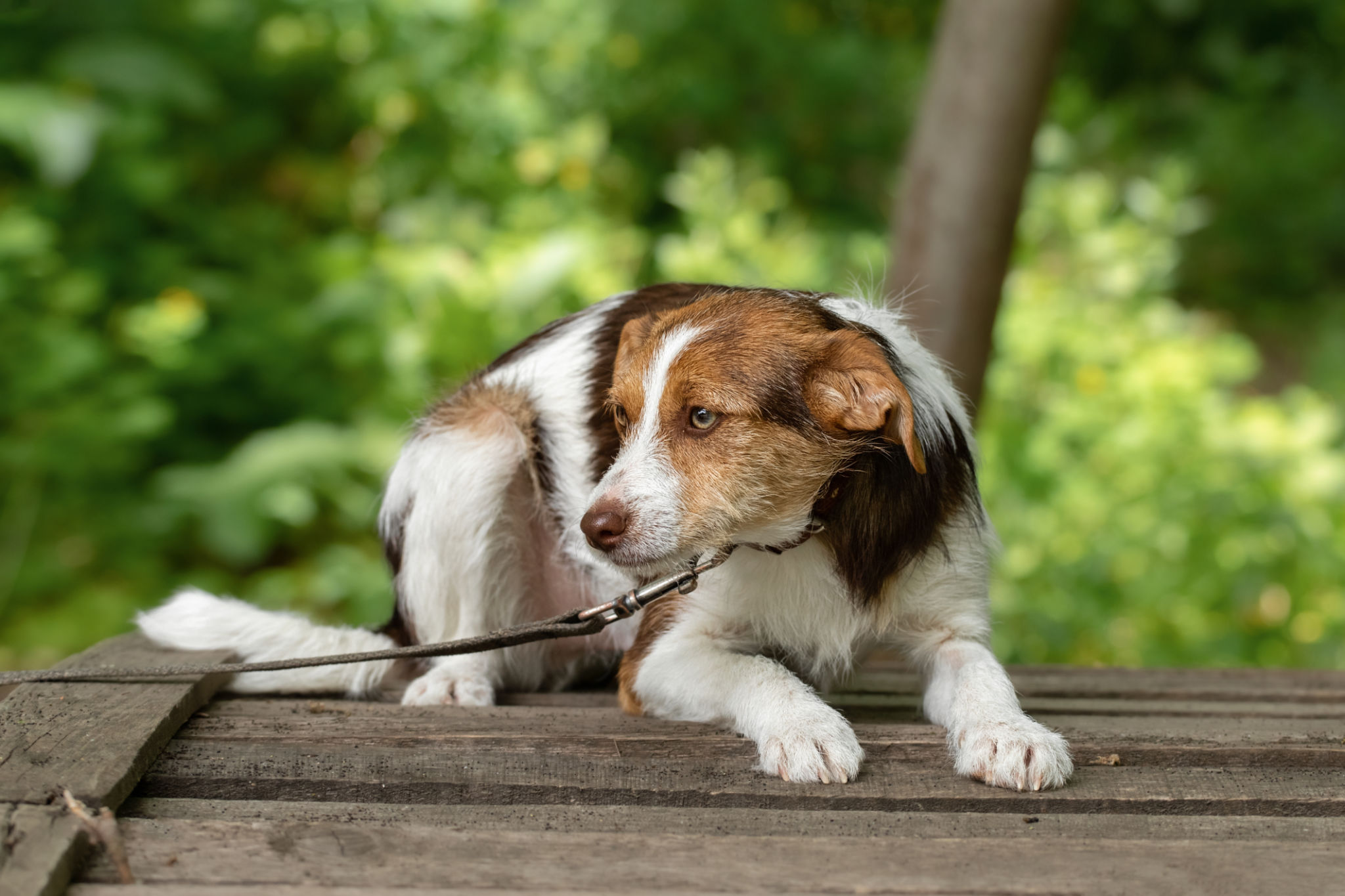Puppy Training 101: Getting Started on the Right Paw
Understanding Your Puppy's Needs
Bringing a new puppy home is an exciting adventure. However, it also comes with the responsibility of training your new family member. Understanding your puppy's needs is crucial for a smooth transition. Puppies, like human babies, require patience, consistency, and lots of love.
Before you start training, it's essential to recognize your puppy's natural behaviors and instincts. Puppies are curious, energetic, and eager to please, which makes them prime candidates for learning new things. Ensure you have a suitable environment that encourages positive behavior and reduces the likelihood of accidents or mishaps.

Setting Up a Routine
Consistency is key in puppy training. Establishing a routine helps your puppy understand what is expected of them. A consistent schedule for feeding, potty breaks, playtime, and bedtime will help your puppy feel secure and comfortable in their new home.
Begin by setting fixed times for each activity. For instance, take your puppy outside for potty breaks first thing in the morning, after meals, and before bedtime. This regularity helps your puppy develop good habits and reduces the chances of accidents inside the house.
Basic Commands
Teaching basic commands like "sit," "stay," and "come" forms the foundation of effective puppy training. Start with simple commands that are easy for your puppy to grasp. Use positive reinforcement techniques such as treats, praise, or playtime to encourage your puppy to follow these commands.

When training your puppy, it's important to use a calm and firm voice. Consistency in your tone will help your puppy understand when they are doing something right. Remember that each puppy learns at their own pace, so be patient and avoid getting frustrated if they don't get it right away.
Socialization Skills
Socialization is a vital part of puppy training. Exposing your puppy to different environments, people, and other animals helps them develop into well-rounded dogs. Start socializing your puppy early to prevent fearfulness or aggression towards unfamiliar situations.
Take your puppy on walks in different areas, introduce them to new people, and arrange playdates with other dogs. Always supervise these interactions to ensure they are safe and positive experiences for your puppy.

Addressing Behavioral Issues
Even with the best intentions, puppies may exhibit behavioral issues such as biting or excessive barking. It's important to address these behaviors promptly to prevent them from becoming ingrained habits.
For biting, redirect your puppy's attention to chew toys or engage them in interactive play. If you notice excessive barking, try to identify the trigger and remove it or distract your puppy with a different activity. Consistent training and positive reinforcement can help correct unwanted behaviors.
Conclusion
Puppy training requires time, patience, and consistency, but the rewards are well worth it. By understanding your puppy's needs, establishing routines, teaching basic commands, encouraging socialization, and addressing behavioral issues, you'll set your furry friend on the path to becoming a well-behaved and happy dog.
Enjoy the journey of raising your puppy and remember that every small step forward is a milestone worth celebrating. With love and dedication, you'll build a strong bond with your new companion that will last a lifetime.
